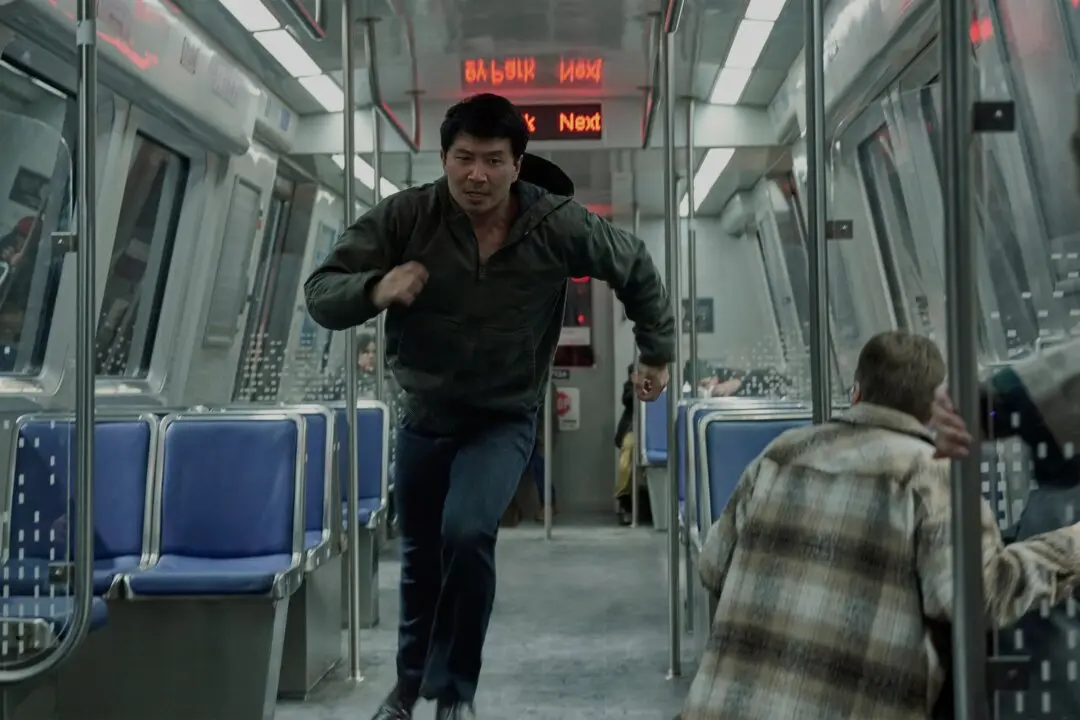When it comes to armchair sociology, the significance of the Catherine “Kitty” Genovese case ranks alongside the Stanley Milgram experiments. However, much of what we know of the brutal 1964 murder might have been exaggerated to such an extent that it has become materially misleading.
Unfortunately, in the 1960s, before Jayson Blair and the exposure of Walter Duranty’s knowingly falsified reports from Soviet Russia, the New York Times was actually considered a reputable paper—and its power and influence were undeniable. With contemporary journalism and scholarship starting to question the notorious story of 38 witnesses who callously stood by without intervening, Genovese’s youngest brother William set out to determine the truth, with James Solomon documenting the process in “The Witness.”
In retrospect, those 38 witnesses ought to sound like a suspiciously precise number. It turns out the police conducted 38 “witness” interviews, but that hardly means all 38 indifferently watched Winston Moseley murder Kitty Genovese from their windows.




